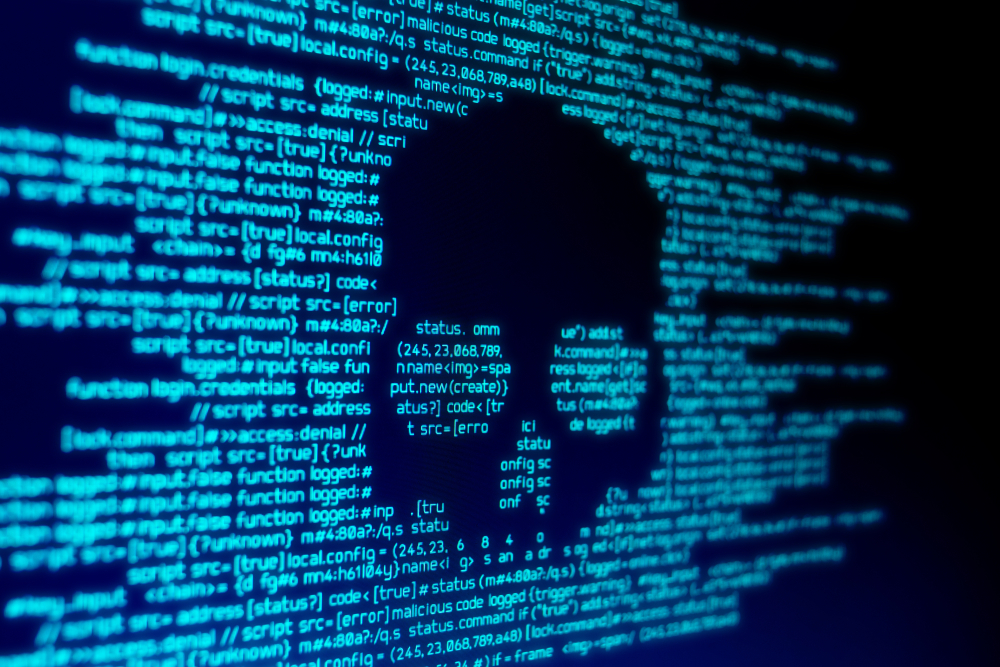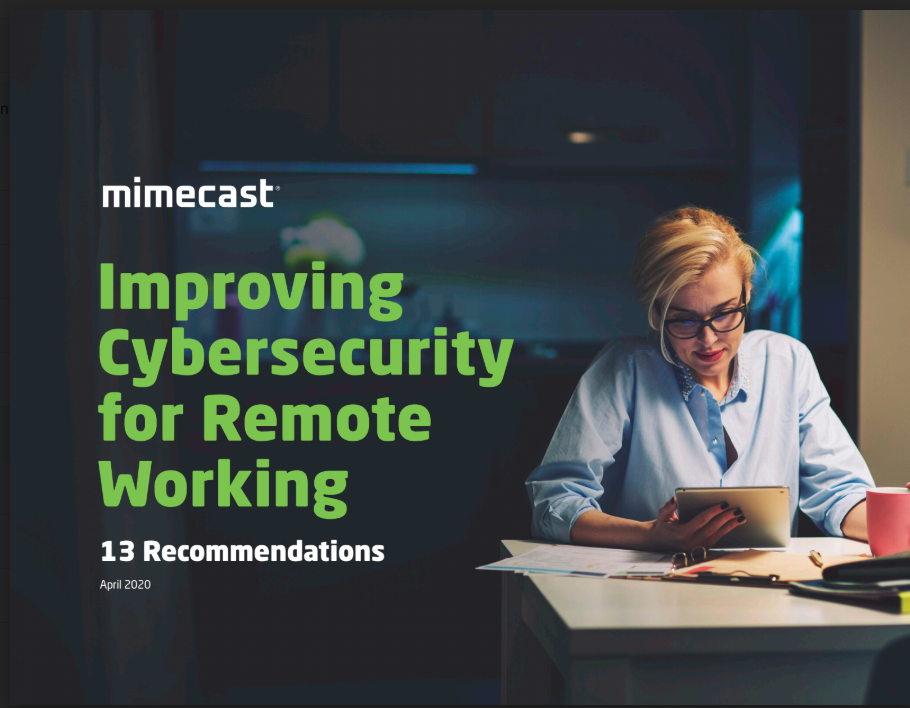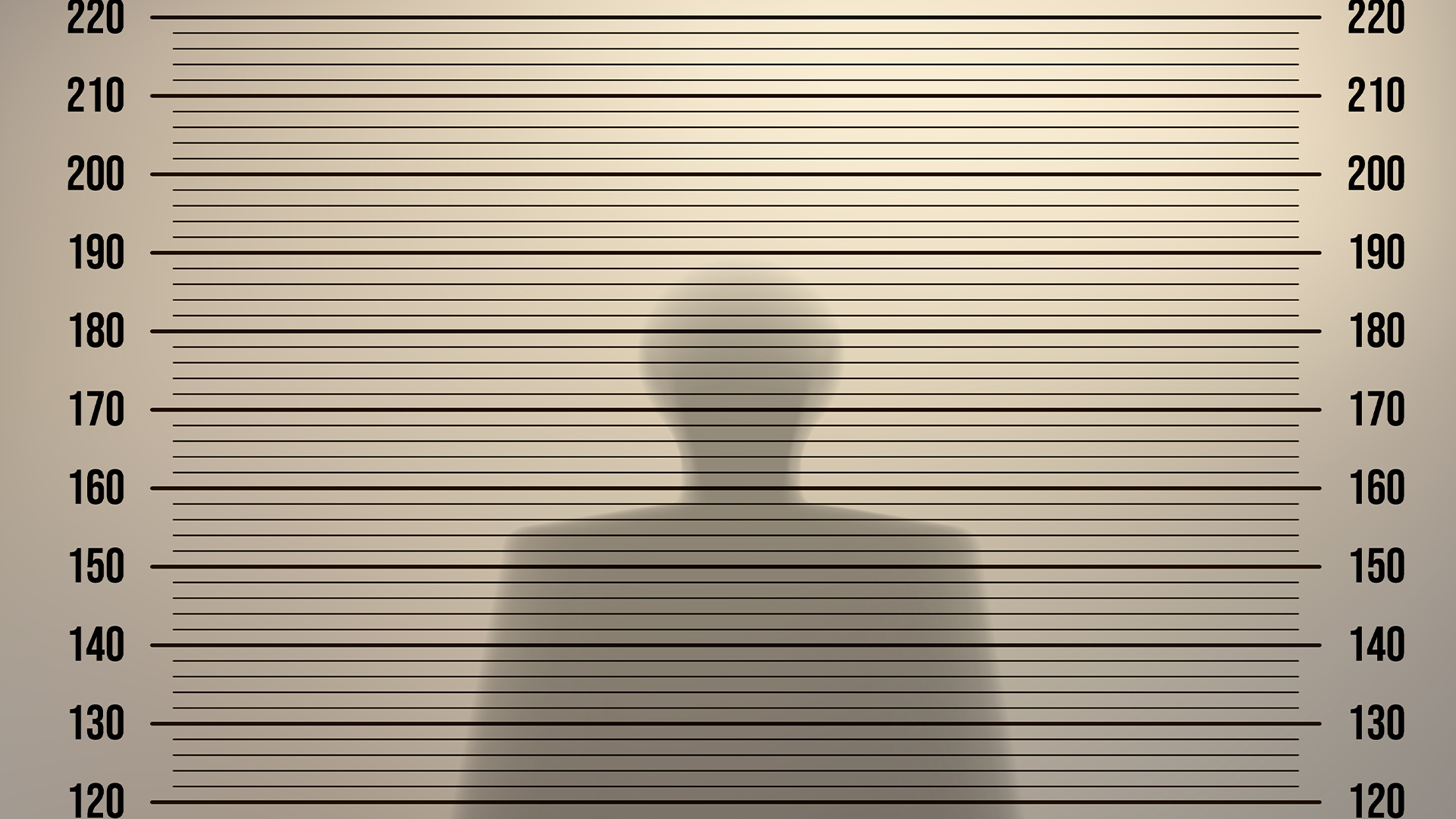Ransomware gangs pretend to delete stolen data to extort victims twice, report warns
Security experts warn that paying ransomware hackers will likely lead to more demands


Ransomware gangs are reportedly sending victims fake evidence that stolen data has been deleted, only to use that data again in a second extortion attempt.
Notorious hacking groups such as Sodinokibi, Maze, and Netwalker have been tricking victims into a false sense of security, according to a Q3 Ransomware report from cyber security firm Coveware.
The report found that it has now become the default position for groups to hold onto data they have acquired, regardless of whether a ransomware payment has been paid by the victim. In fact, the cyber security firm found evidence that many groups are providing faked files that claim to prove that the data has been deleted.
Although some victims may decide there are valid reasons to pay, cyber security experts frequently advise against it. This is largely because there is no credible way to prove data has been deleted, or a way to ensure data has been returned, if that was the arrangement. There's also the potential that stolen data has already been traded, sold, or held by other threat actors for reuse.
Conti (aka Ryuk), which was recently revealed to be behind a third of all ransomware attacks in 2020 and is mentioned in the report, was recently blamed for an attack on French IT service Sopra Steria at the end of October. Although the company agreed to pay the ransom demanded by the hackers, it's now believed that the evidence provided to show deletion was in fact fabricated, according to Coveware.
RELATED RESOURCE

How to improve cyber security for remote working
13 recommendations for security from any location
"Unlike negotiating for a decryption key, negotiating for the suppression of stolen data has no finite end," the report stated. "Once a victim receives a decryption key, it can't be taken away and does not degrade with time. With stolen data, a threat actor can return for a second payment at any point in the future. The track records are too short and evidence that defaults are selectively occurring is already collecting."
Sign up today and you will receive a free copy of our Future Focus 2025 report - the leading guidance on AI, cybersecurity and other IT challenges as per 700+ senior executives
Bobby Hellard is ITPro's Reviews Editor and has worked on CloudPro and ChannelPro since 2018. In his time at ITPro, Bobby has covered stories for all the major technology companies, such as Apple, Microsoft, Amazon and Facebook, and regularly attends industry-leading events such as AWS Re:Invent and Google Cloud Next.
Bobby mainly covers hardware reviews, but you will also recognize him as the face of many of our video reviews of laptops and smartphones.
-
 Tech policy group urges UK government to capitalize on H-1B visa crackdown
Tech policy group urges UK government to capitalize on H-1B visa crackdownNews The UK has a massive opportunity to capitalize on the US government’s H-1B visa changes
-
 inforcer named as Microsoft partner for new AI-focused MSP initiative
inforcer named as Microsoft partner for new AI-focused MSP initiativeNews The vendor is one of just two software development partners selected for the initial phase of Microsoft’s #IntuneforMSPs initiative
-
 Cyber professionals are losing sleep over late night attacks
Cyber professionals are losing sleep over late night attacksNews Hackers are biding their time and launching attacks when businesses can’t respond
-
 Prolific ransomware operator added to Europe’s Most Wanted list as US dangles $10 million reward
Prolific ransomware operator added to Europe’s Most Wanted list as US dangles $10 million rewardNews The US Department of Justice is offering a reward of up to $10 million for information leading to the arrest of Volodymyr Viktorovych Tymoshchuk, an alleged ransomware criminal.
-
 Jaguar Land Rover “did the right thing” shutting down systems to thwart cyber attack
Jaguar Land Rover “did the right thing” shutting down systems to thwart cyber attackNews The attack on Jaguar Land Rover highlights the growing attractiveness of the automotive sector
-
 Ransomware attack on IT supplier disrupts hundreds of Swedish municipalities
Ransomware attack on IT supplier disrupts hundreds of Swedish municipalitiesNews The attack on IT systems supplier Miljödata has impacted public sector services across the country
-
 A notorious hacker group is ramping up cloud-based ransomware attacks
A notorious hacker group is ramping up cloud-based ransomware attacksNews The Storm-0501 threat group is refining its tactics, according to Microsoft, shifting away from traditional endpoint-based attacks and toward cloud-based ransomware.
-
 Security researchers have just identified what could be the first ‘AI-powered’ ransomware strain – and it uses OpenAI’s gpt-oss-20b model
Security researchers have just identified what could be the first ‘AI-powered’ ransomware strain – and it uses OpenAI’s gpt-oss-20b modelNews Using OpenAI's gpt-oss:20b model, ‘PromptLock’ generates malicious Lua scripts via the Ollama API.
-
 Data I/O shuts down systems in wake of ransomware attack
Data I/O shuts down systems in wake of ransomware attackNews Regulatory filings by Data I/O suggest the costs of dealing with the attack could be significant
-
 Average ransom payment doubles in a single quarter
Average ransom payment doubles in a single quarterNews Targeted social engineering and data exfiltration have become the biggest tactics as three major ransomware groups dominate
